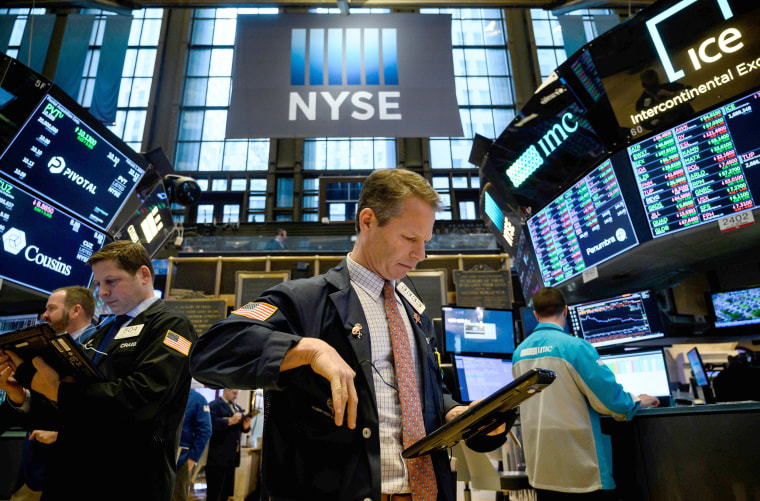Chief executive officers are driven by success, and the more they can get for their companies, the better their personal fortunes. At least that's the theory behind corporations loading up their CEOs with stock or, as the experts put it, "aligning CEO and shareholder interests."
But a new study from researchers at the University of Georgia, the University of Notre Dame, and Lehigh University shows that sometimes the opposite is true.
Stock options give someone the right to buy a certain number of shares at the price of the day the options are granted, respectively called the strike price and the strike date. If share values rise, so does the value of the options, even if the person hasn't yet bought the stock.
The release of negative news can mean extra money — frequently hundreds of thousands of dollars — for a CEO with stock options coming due.
An example is the options backdating scandal of the mid-2000s, when researchers such as Erik Lie of the University of Iowa found that thousands of companies dated options as though they were given before they actually were, choosing a time when share prices were particularly low. That boosted the value for the executives receiving them. Such a move is legal if done properly, including informing investors. Often it wasn't.
The new options twist
The new study shows a twist in options shenanigans: Many companies distribute optional press releases with a negative tone that drive down the share price around the option strike date. Then the price returns to a more normal level, netting the CEOs of the companies a hefty return.
Researchers looked at 460 CEOs of large, publicly traded U.S. companies. Each had at least two different option strike dates from 2009 and 2013, which meant that if effects were random in nature, they should more or less cancel out.
The results were comparable to those from the backdating scandals. "There was a 2 percent dip in the stock price — and 30 [trading] days after, it was a 2 percent or more rise in the price," Timothy Hubbard, assistant professor of management at Notre Dame, told NBC News.
The effect was like the letter "V," where the stock price dropped down until it reached the strike date — when the price of the options for a CEO was fixed — and then went back to normal within a month. The timing of the price swings meant CEOs made between $143,500 and $839,000.
"We found 11 percent of [examined] CEOs checked that box," Hubbard said. "It's also scary that [CEOs] have that much ability. We tested this with non-CEO grants and didn't find it at all."
When bad news is good
The mechanism to affect share prices was negative press releases. The researchers examined more than 49,000 press releases issued by the associated companies roughly six weeks before the option grant dates to see whether the language with more positive or negative.
The releases with the most effect were ones that had more negative language, even if they read as "relatively innocuous," according to Hubbard. Additionally, they weren't the types of communications that are mandatory under regulations, like a release describing earnings or an acquisition.
Also, the CEOs under whom such tactics occurred were underpaid relative to other chief executives. "I would wager they're acutely aware of what they make compared to their peers," Hubbard said.
"Boy, it's déjà vu all over again, just like the backdating scandal," said Nell Minow, an expert in corporate governance, and the vice chair of ValueEdge Advisors, which helps institutional investors. "We should have learned from that. If executives can't skew the numbers to their advantage by picking the date of the award, they will do it by picking the timing and content of the information released to investors."
Minow suggested as a potential cure the use of indexed stock options, which can only be exercised if the shares do better than some common stock index, like the Dow Jones Industrial Average or the S&P 500.
Hubbard suggested giving options at frequent intervals, like every month rather than once or twice a year, because it would become virtually impossible to manipulate results that often.
